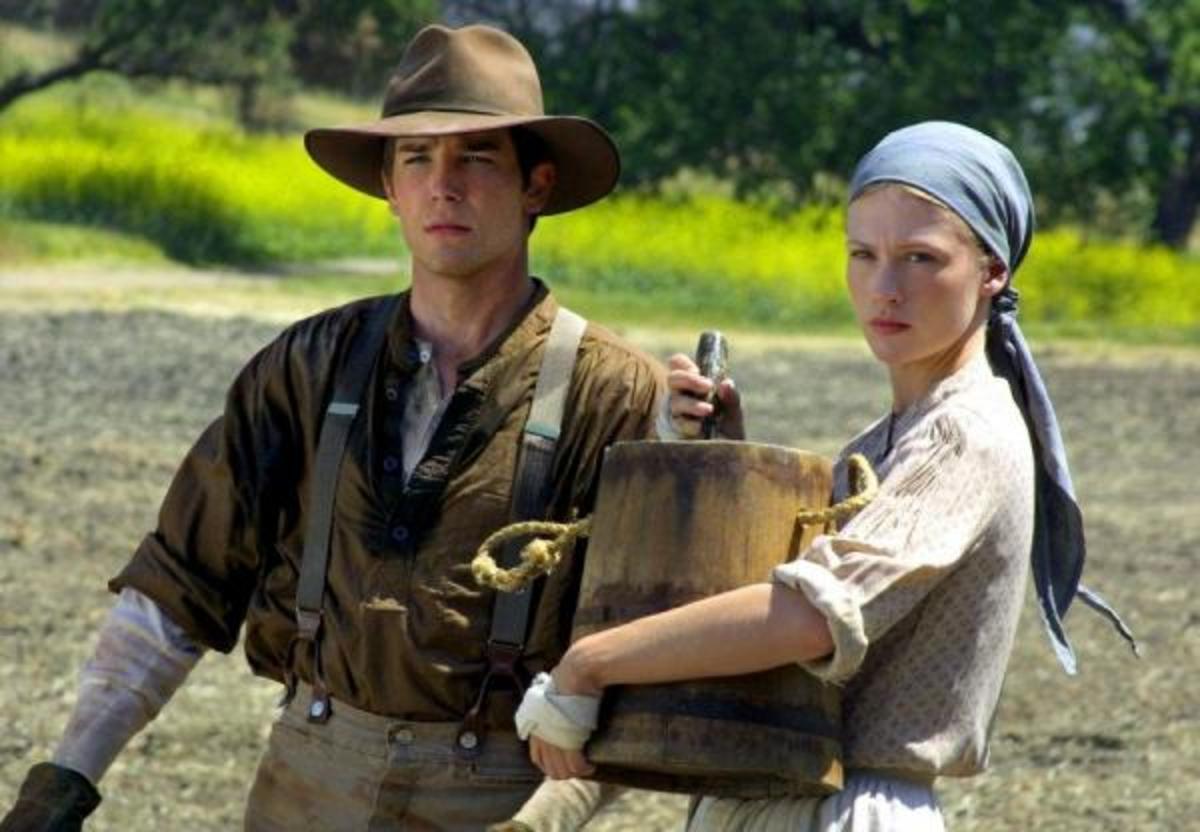Michael Landon Jr.’s Love Comes Softly (2003) is a tender and quietly powerful adaptation of Janette Oke’s beloved novel. Set against the backdrop of the American frontier in the 19th century, the film follows Marty Claridge, a young woman whose dreams of a new life out West are shattered when her husband dies in a tragic accident shortly after their arrival.
Stranded and penniless in a harsh, unfamiliar land, Marty agrees to a marriage of convenience with widower Clark Davis—a kind but emotionally distant man raising his daughter Missie alone. Marty’s agreement is simple: she will stay only through the winter, caring for Missie and helping around the homestead. What unfolds is a gradual and deeply human story of emotional healing, spiritual strength, and the unpredictable ways that love grows—not always with fireworks, but with faith and quiet understanding.
The film doesn’t rely on melodrama or high-stakes conflict. Instead, it offers a deeply felt narrative that explores the inner lives of its characters. Katherine Heigl brings depth and quiet dignity to Marty, while Dale Midkiff as Clark Davis grounds the story with sincerity and warmth. Their chemistry is understated but authentic, drawing viewers into a tale of two broken people who learn to trust again.
Love Comes Softly stands apart from typical romantic dramas. It’s not about grand declarations, but about small, meaningful gestures: teaching a child to read, building a porch together, praying in silence. Its Christian themes are gently woven into the narrative, never overwhelming the emotional core but giving it depth and grounding.
The pacing is slow, but intentionally so—it allows viewers to feel the rhythms of pioneer life, and to witness love as something that is nurtured, not stumbled into. While some might see its simplicity as outdated, it’s precisely that unhurried grace that has given the film its enduring charm.

Though Love Comes Softly already spawned several sequels chronicling the lives of Marty, Clark, and their children, imagine a new chapter: Love Comes Home. Set two decades after the original, the film could follow Missie’s daughter—born of two generations of strong, faithful women—returning to the Davis homestead during a time of national uncertainty: the early 1900s.
With war looming in Europe and society changing fast, the next generation must navigate love in a world that no longer feels so “soft.” But when she meets a wounded soldier turned homesteader with demons of his own, she finds herself retracing the quiet strength of her grandmother Marty’s path.
In a world growing ever louder, Love Comes Home would remind us that true love still grows slowly—and that even when the world changes, the heart remembers how to be still.



